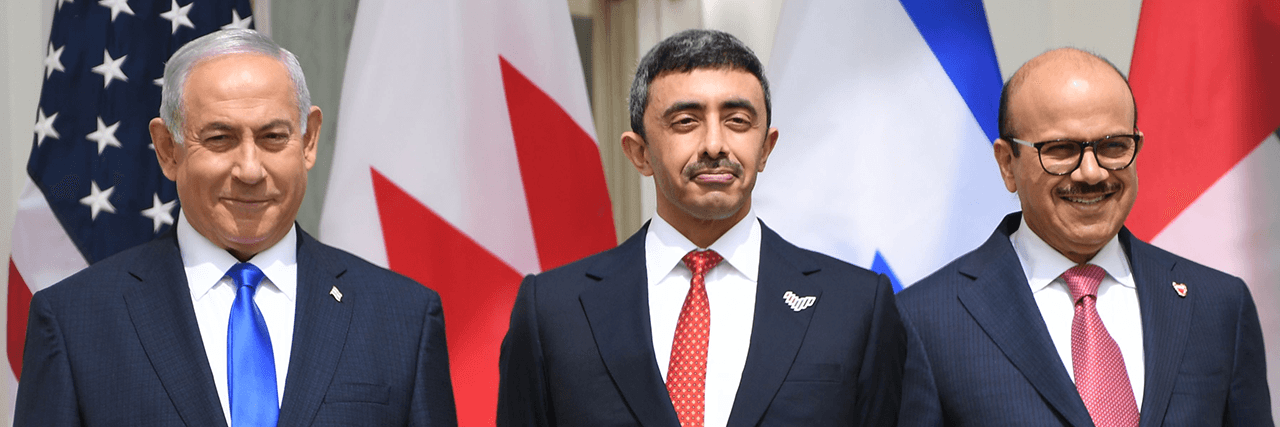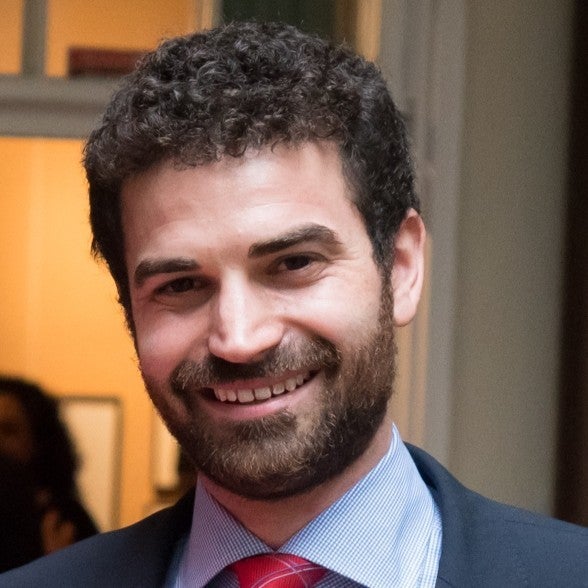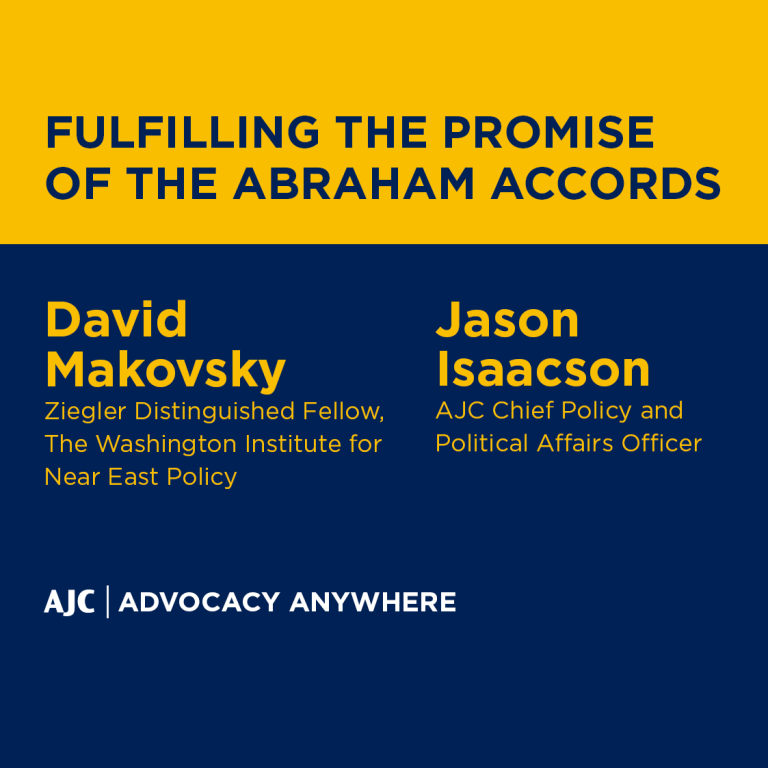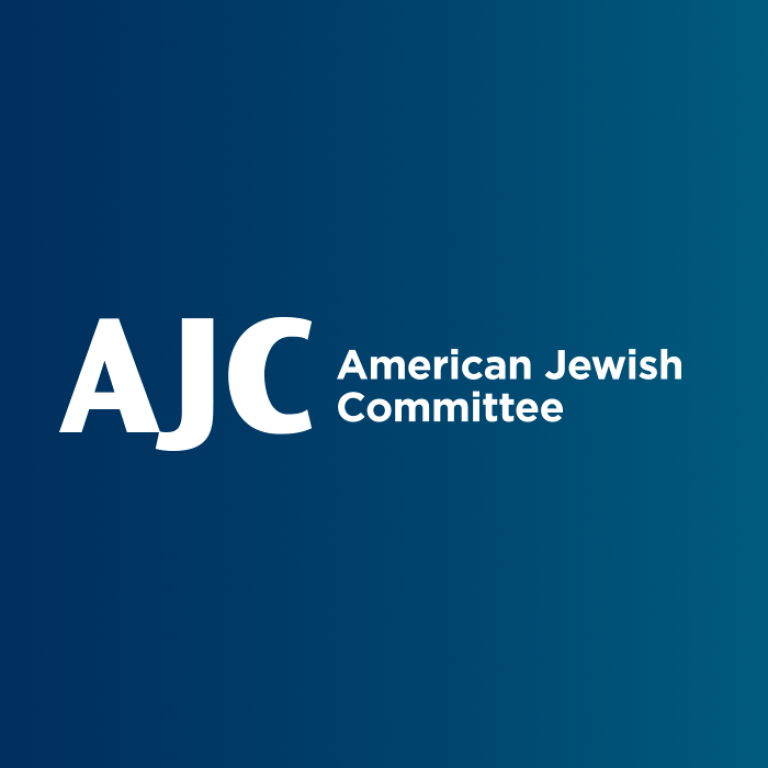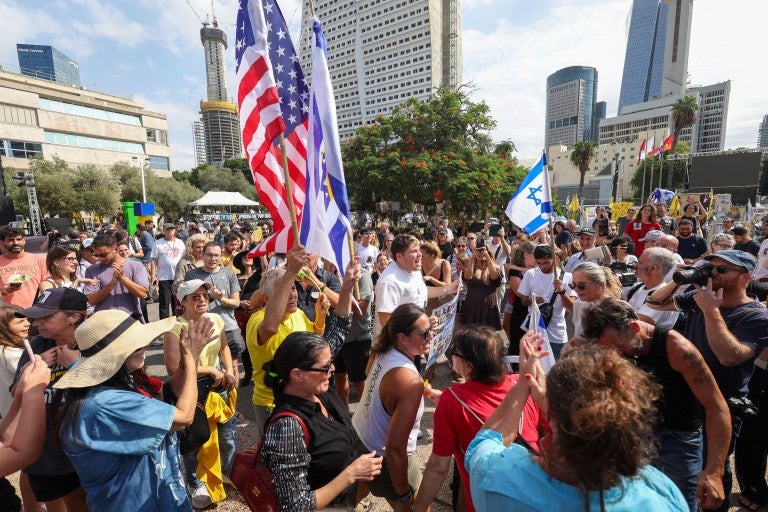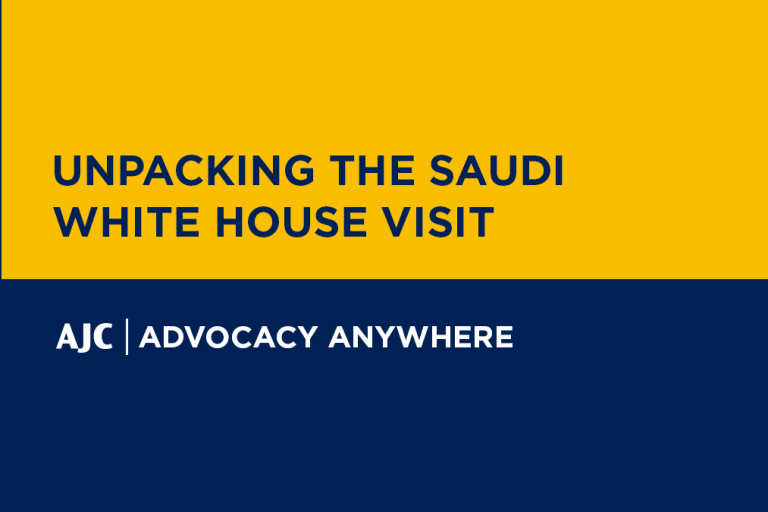March 12, 2021 — Washington, DC
This piece originally appeared in The Hill.
By Benjamin Rogers
For decades, the Israeli-Palestinian conflict was widely viewed as a stagnant dispute at the heart of instability in the Arab world. However, 10 years after the so-called Arab Spring, the conflict’s centrality has waned as leaders in the region have begun to accept Israel as a potential partner in ensuring security and economic viability. This new willingness to openly engage the Jewish State can be furthered by a unique set of American foreign policy instruments capable of promoting Middle East private-sector partnerships in ways previously impossible.
The historic Abraham Accords signed last fall, which paved the way for normalized relations between Israel and the Arab world, and the ambitious Nita M. Lowey Middle East Partnership for Peace Act, which provides monetary incentives to encourage Israeli-Palestinian collaboration, are two such instruments the Biden administration has at its disposal. If used strategically, these foreign policy tools can further Israeli-Arab cooperation and advance the economic conditions needed to provide a foundation for Israeli-Palestinian peace.
International engagement has long fostered new avenues of development and interdependence. The Marshall Plan helped rebuild Europe after World War II. The International Fund for Ireland contributed more than $1 billion toward projects advancing reconciliation and cooperation between nationalists and unionists.
The Abraham Accords, which established official relations between Israel and the United Arab Emirates (UAE), Bahrain, Morocco and Sudan (awaiting a final signature), already have demonstrated an intensity and warmth previously unknown in the region. Israeli advances in technology, health care, agriculture and renewable energy are being blended with Arab ingenuity, sovereign wealth funds and vision to create new synergies and investments.
At the end of January, the Dubai Media Office announced that trade between the UAE and Israel reached $272 million in only five months. Sultan bin Sulayem, the chairman and CEO of Dubai Ports World, expects trade with Israel to exceed $4 billion in the next few years and to generate more than 15,000 jobs.
In December 2020, Congress passed the Nita M. Lowey Middle East Partnership for Peace Act (Lowey Fund). This bipartisan bill, signed into law by President Trump, allocates $250 million over five years to expand peace and reconciliation programs in Israel and the West Bank/Gaza while also bolstering the Palestinian economy through private sector engagement — with the goal of creating conditions necessary to sustain a two-state solution. The Lowey Fund represents a bold attempt to energize the Palestinian market and empower civil society to cultivate interdependence and trust between Israelis and Palestinians.
The fund will provide support for USAID to underwrite people-to-people programs in the West Bank, Gaza and Israel, and empower the U.S. International Development Finance Corporation to create financial incentives using loans, guaranties, equity and insurance to drive greater investment between Israeli and Palestinian entrepreneurs. Money will be granted to private organizations only; governments are not eligible. Ultimately, the fund’s investments aim to generate popular support for political steps by both sides toward pragmatic compromise and workable peace.
While each instrument is revolutionary, the full power of the Abraham Accords and the Lowey Fund will emerge when applied together, unleashing their potential as a catalyst for the future of an integrated, symbiotic Middle East.
The Abraham Accords shattered the notion that Israelis and Arabs cannot make peace without first resolving the Israeli-Palestinian conflict. Yet Arab concerns for the Palestinians are likely to remain a constraint on further expanding the circle of Arab-Israeli peace — unless that can be shown to benefit the Palestinians as well.
The Lowey Fund will not resolve final status issues associated with the Israeli-Palestinian conflict, and its success will not resurrect the Arab Peace Initiative. But it could demonstrate to the Arab world that Israelis and Palestinians can work together to strengthen a declining Palestinian economy. In doing so, the Lowey Fund may be the perfect complement to overcome Arab apprehension by showcasing Israeli partnership in improving Palestinian livelihoods and laying the foundation for a viable future state.
The Lowey Fund and Abraham Accords offer a new way forward. Arab states working with Israel, as Israelis and Palestinians take steps toward interdependence, may ensure that any future Israeli-Arab successes will also be Palestinian successes. It can lay the foundation for a new and more broadly supported peace process.
In the past, many experts debated whether one solves the Israeli-Arab conflict by first solving the Israeli-Palestinian conflict (the inside-out approach), or if one solves the Israeli-Palestinian conflict by first solving the Israeli-Arab conflict (outside-in). In reality, it seems peace will not be achieved by pursuing one approach over the other but by recognizing the importance of creating trust and commercial ties — and, incrementally, political success — made possible by a more interconnected Middle East.
The past year’s transformational shifts in the Middle East and the launch of a U.S. fund to promote cooperation provide a rare opportunity for diplomatic success by the Biden administration.
Benjamin Rogers is American Jewish Committee (AJC) director for Middle East and North Africa Initiatives. Follow on Twitter @AJCGlobal.
